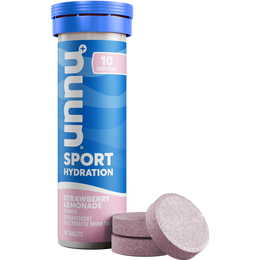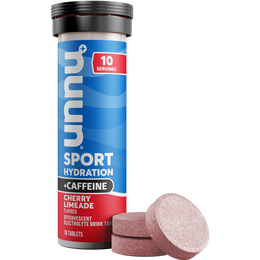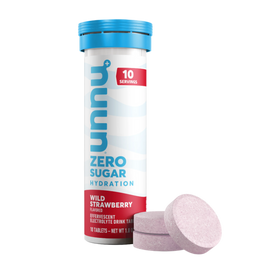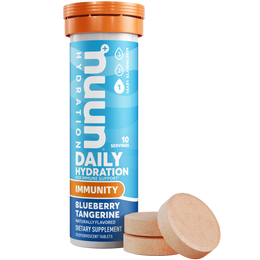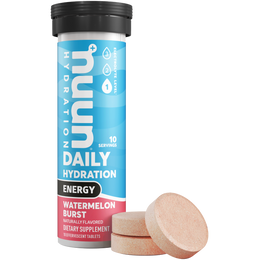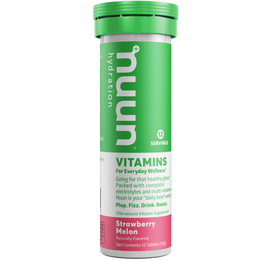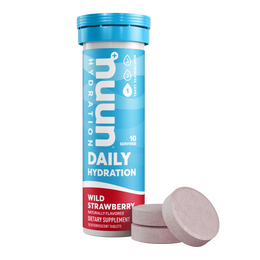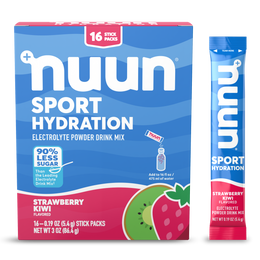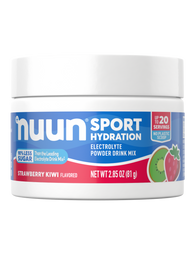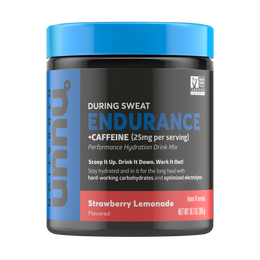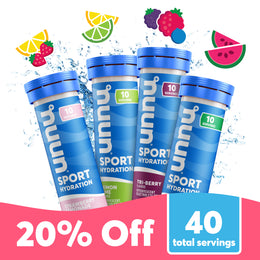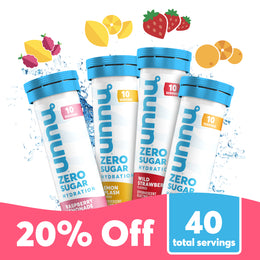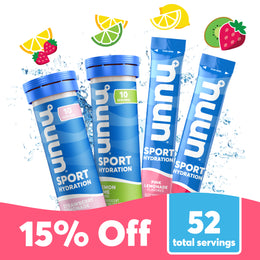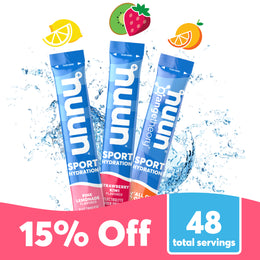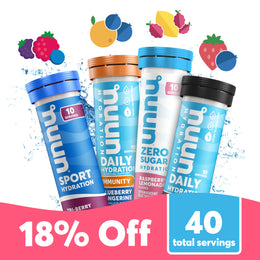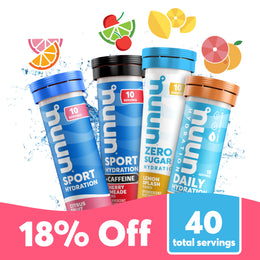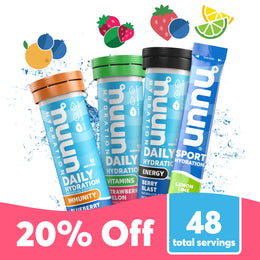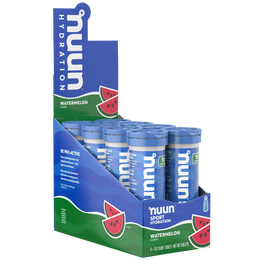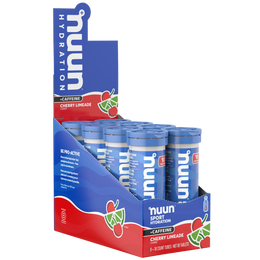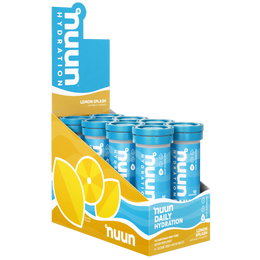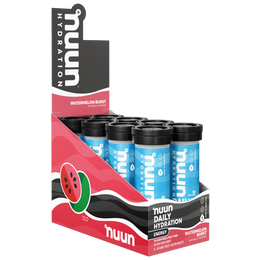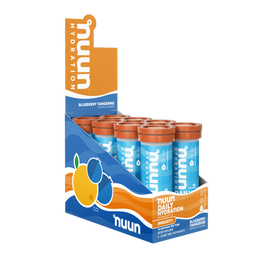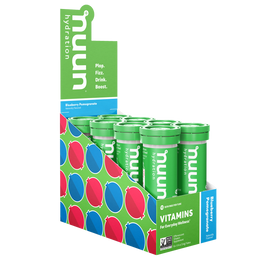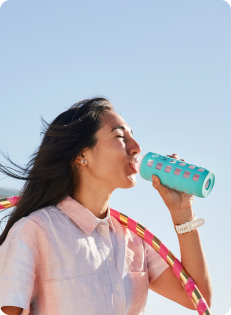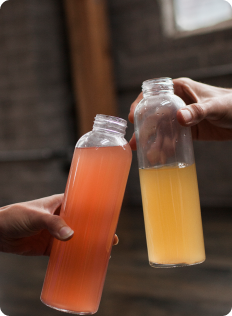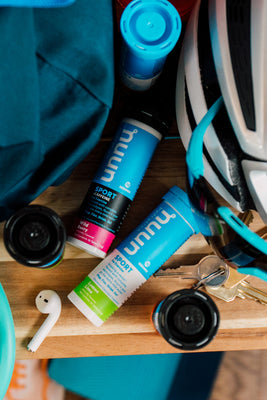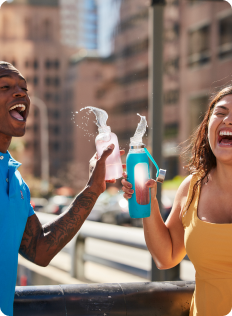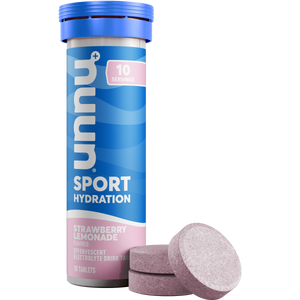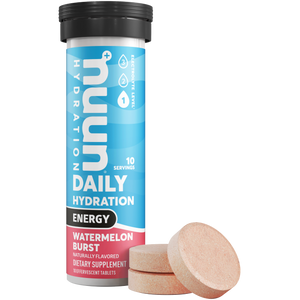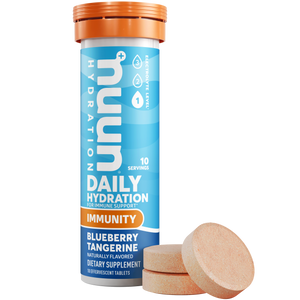1. Start early. Start your day on the right track by drinking a glass of water within 30 minutes of waking up.
2, Set up for success. If you sit down at a desk for the day, bring a pitcher of water and a glass with you for easy access and a visual reminder. If you head out for a day of errands, don’t forget to bring a reusable water bottle with you so you can stay hydrated along the way.
3. Create reminders on your phone. If you find yourself forgetting to drink water, try using your smartphone to remember for you. Alarms can provide helpful reminders until drinking water becomes second nature and you get more acquainted with your own natural thirst cues.
4. Make it delicious. Sometimes, the taste of water is a barrier for people trying to improve hydration habits. If you crave a little more flavor, try adding lemon juice, sliced cucumber, or a hydrating electrolyte option like Nuun Vitamins.
